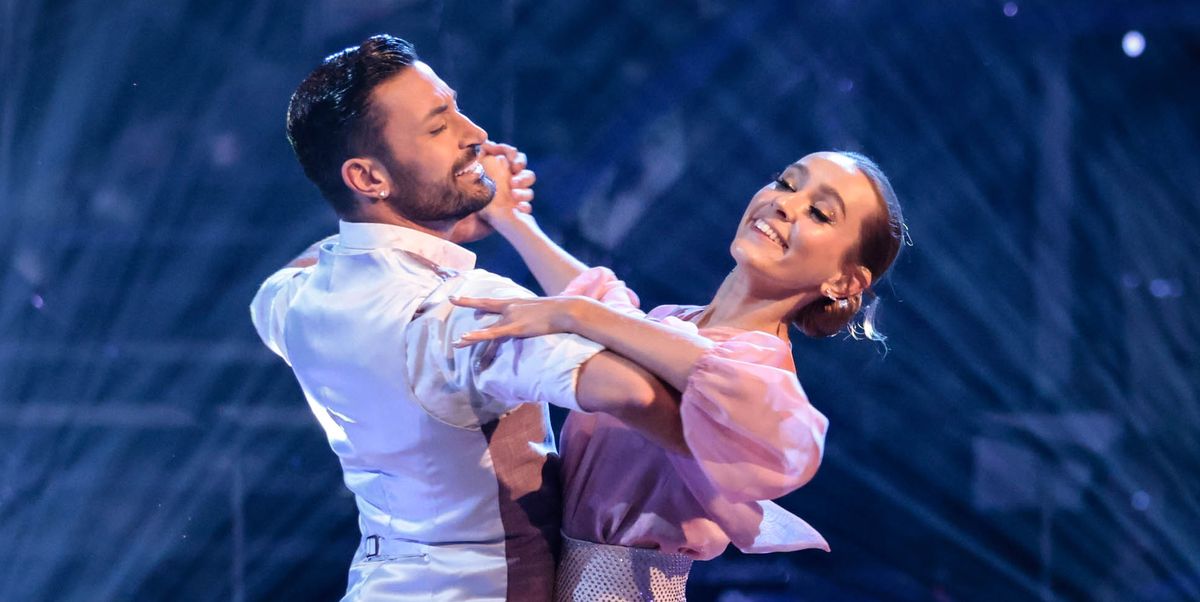It’s only a few days until the final of Strictly Come Dancing. Now, I’m a massive Strictly fan anyway, but this year’s series has had a few extra special elements to it for me, namely the beautiful partnership between Rose and Giovanni.
I know it’s not the first time that the BBC has included a diverse talent pool in its line-up. Last year’s series featured JJ Chalmers and Nicola Adams OBE. JJ, an Invictus Games competitor, proved that having a disability shouldn’t stop you from achieving your dreams, whilst Nicola made history with pro-dancer Katya, as the first same-sex couple.
What delights me though is to see the BBC use their platform to consistently champion change because, in my view, that is key. So it’s good to see that 2020 was not a one-off token effort, but the beginning of a sustained and long-term focus to champion role models and celebrate the diversity of our communities.
And what a celebration; to use the emotion and connection of dance as a means to show that anything is possible. To show that those from different backgrounds and lived experiences can unite under a drive to be their best, fulfil their potential and enjoy each other in the moment. Imagine what the world would look like if we had that on a bigger scale?
In fact, reflecting on the joy of this series, there are some learnings we can take from it into our workplace cultures.
Firstly, we each need something different to reach our potential. Take the celebrities as examples. Rose Ayling-Ellis, as the first deaf person on the show, has needed to count on the rhythm of the music to keep timings as well as feel the vibrations and the beat. When she dances, the audience must be quiet to allow her to do this, but the outcome is that she produces sensational performances. We find ourselves lost in the moment she creates and can’t help but be captured by the dance. Presenter Dan Walker needed support from his pro-dancer to help with the placement of his lengthy limbs and Olympic swimmer, Adam Peaty, with his honed physique, needed support to adjust to the rigorous ballroom training schedule.
Secondly, inclusion does not mean lose. John and Johannes, the first male same sex couple, had reservations before the show started, expecting to face trolling across social media. Instead, any negativity has been drowned out by the support for these two. They’ve shown that adding something new does not detract from the traditional and established. After all, humanity must constantly evolve in order to thrive. Even something as established and steeped in history as dance, must move with the times.
Finally, nothing is perfect, nor can we expect it to be. Inclusion is a journey. Change can be uncomfortable and this year’s show, as always, has not been without controversy, mainly around the weekly eliminations. Judgement is hard to define as everyone has been on their own unique and very personal journey; each celebrity has started from a different place (some have acting or previous dancing experience, others are more physically adept for the ballroom), so choosing a favourite each week is prone to personal choices based on what we like or who we may identify with.
Driving inclusion, diversification and equality in the workplace requires constant attention. Like the Strictly dancers each week that learn a fresh routine, we must always push ourselves to take on new skills, listen to others and find shared goals that unite us and make us collectively stronger. We must be tolerant and patient of others, recognising that we all come from a different starting point. This means blocking out the noise of negativity and focusing on how we can change ourselves in the hope of influencing others.
